Tom Waits - The Pursuit of the Beats
by Jon Rogers
published: 12 / 5 / 2003
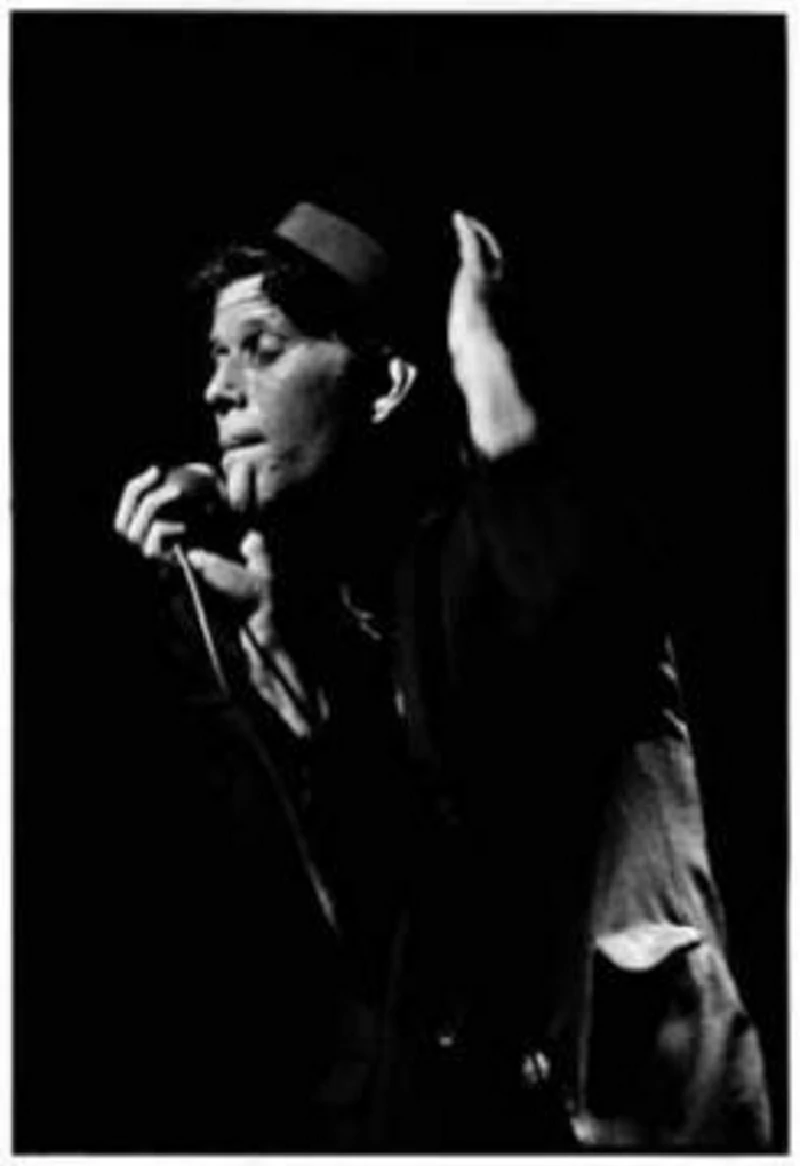
intro
The last of the bohemians, Tom Waits' extraordinary career is heavily indebted to the Beats, and writers such as Jack Kerouac, Allen Ginsberg and William Burroughs. Jon Rogers examines the connection
The last of the bohemians. There are very few left nowadays. A dying breed of other consciously at odds with the prevailing hegemonic cultural conventions of the day. The outsider treading a path away from the mainstream with a desire to experience life on their own terms. One lasting musician that has come from this tradition is Tom Waits, the sandpaper-grumble singer who spins tales about the disenfranchised and those forever "on the nickel". The hobo and those down on their luck living a hand-to-mouth existence in seedy, after-hours bars and life on the sidewalk. Like many of his literary heroes, Waits' albums like 'The Heart of Saturday Night' map out a subterranean world away from 9 to 5 normality. While the Bohemian artistic/literary tradition has a long history Waits is most heavily indebted to the US bohemians in the 1950's and early 60's - the Beats. Focused around the trio of Jack Kerouac, Allen Ginsberg and William Burroughs (the latter two Waits actually met or collaborated with), these writers tried to find a different literary expression after the atrocities of the Second World War and the horror of the atom bomb. Rejecting the consumerist ethos of the day. According to biographies Waits discovered the Beat Generation writers in around 1968, along with writer and poet Charles Bukowski - a writer closely associated with the Beats that portrayed working (and drinking) class life in Los Angeles. Kerouac, author of 'On the Road', is the strongest literary influence on Waits. Both concern themselves with the romantic figure of the hobo/bum. Lonely figures in bars, scraping by a living by any means possible but still with a passion for life. Those like, in Kerouac's famous phrase, who wanted to "burn, burn, burn like fabulous yellow roman candles." In a 1976 interview with the NME Waits claimed that he owned a first edition of Kerouac's most stylistically adventurous novel 'Visions of Cody'. But the influence of the Beats went further that just thematic similarities. The title track of Waits' 1974 album 'The Heart of Saturday Night' is a reference to an early passage in 'Visions of Cody': "... no guy whether he was a big drinker, big fighter or big cocksman could ever find the center of Saturday night in America." Waits captures both the thrill and sadness of that quest amongst the bars, poolhalls and neon. "I'm interested in style mainly," he told Melody Maker in 1975. "Before I found Kerouac I was kinda groping for something to hang on to, stylistically... When I did go [to San Francisco] I was looking for the City Lights bookstore and the ghost of Jack Kerouac." Three years later he would tell the same magazine: "Always admired him. He was at the helm of contemporary American literature almost 20 years ago, and I still feel the ghost of Kerouac no matter where I travel." In 1977 Kerouac's influence was made explicit in the 'Foreign Affairs 'track 'Medley: Jack & Neal/California, Here I Come" which details one of the road trips to "Californy" made by Kerouac and Neal Cassady (as their literary alter-egos Sal Paradise and Dean Moriarty) in 'On the Road'. Cassady screws a nurse whilst "drivin' through Nebraska" and Kerouac tries to score some "bennies from a Lincoln full of Mexicans". Waits also appears on the 1999 Rykodisc album 'Jack Kerouac Reads On the Road', a collection of recordings Kerouac had made of him singing songs and reading from an early draft of the picaresque novel. Waits teams up with the band Primus on the last track putting a musical interpretation to Kerouac's words. Naked Lunch author William S Burroughs although he had a far less significant impact on Waits stylistically (unlike David Bowie who used Burroughs' cut-up technique on his 'Diamond Dogs' album), had a far more direct link to Waits. Waits has been an admirerer of Burroughs for some time though, particularly his work with Hal Willner, most notably his album 'Dead City Radio'. In May 1989 Waits teamed up with playwright Robert Wilson and Burroughs, who wrote the text, in Hamburg to produce the play 'The Black Rider'. The operetta, based on 'Die Freischutz' by August Apel and Fredrich Laun, is typical of Burroughs' dark imagination. A clerk wants to marry a huntsman's daughter, but the father objects as he wants her to marry a huntsman. If the clerk can prove his marksmanship, though, the father will give his blessing. The clerk goes out into the woods and only manages to shoot a vulture. In order to marry the daughter he makes a Faustian pact with the devil for some "magic bullets" and so manages to kill all the animals he aims at. On the day of the wedding another shooting contest is arranged and the clerk goes out to the crossroads to get one more "magic bullet". When it is the clerk's turn to fire, the bullet misses the proposed target, encircles the wedding party and kills is bride. In the liner notes to the 1993 album of the same name, Waits wrote of Burroughs: "[He] was as as solid as a metal desk and his text was the branch this bundle would swing from. His cut up text and open process of finding a language for this story became a river of words for me to draw from in the lyrics of the songs. He brought a wisdom and a voice to the piece that is woven throughout." Waits also stated that: "Everything that comes out of him is whisky" and observed "he had a strongly developed sense of irony, and I guess that's really at the heart of the American experience." Waits' early musical ventures also drew heavily on the fusion of poetry and jazz - what Ken Nordine termed "Word Jazz" - that was largely developed by the Beats and the poets that loosely became known around the moniker of the 'San Francisco Poetry Renaissance' and others like Frank O'Hara of the New York School. The Beats had long been admirers of jazz, with Kerouac especially being inspired by the Be-bop of Charlie Parker and Dizzy Gillespie. Both Kerouac and Waits were directly inspired by Slim Gaillard (who's own biography reads like a character from one of Waits' songs). Jazz played a formative and central role to the creation of the Beat Generation and to the early recordings of Waits. Both drew on jazz as a central core to their work. The man Time magazine credited as having "started the poetry and jazz trend" was Kenneth Rexroth who would read the likes of Walt Whitman, Carl Sandburg and a variety of French poets to the jazz backing of Dave Tough and other musicians that would hang around the Green Mask on Grand Avenue and State Street during the time of the Harlem Renaissance. The fusion of jazz and poetry didn't take off publicly though until the CBC radio network played some of Kenneth Patchen's homemade tapes in 1956 and Rexroth and Lawrence Ferlinghetti held their readings in The Cellar in 1957. By the combining of poetry and jazz these poets were trying to gain a larger audience for poetry by trying to loosen the grip the academics had on the subject and return it to the audience. There was some disagreement between the poets. Some, like Ferlinghetti and Rexroth tried to attain "poetry-and-jazz" while others, like Patchen wanted a synthesis of the two art forms, creating "jazz-poetry". Despite the disagreements Waits' early albums draw heavily on this style - most notably 'Diamonds on my Windshield' and 'Nighthawk Postcards"'. Waits also contributes a spoken word piece to Ken Nordine's 1992 album "Devout Catalyst" Waits' literary influences stretched further than just the Beats. Considering the writer's lifestyle it is unsurprising that Waits also was impressed by the man Saul Bellow described as "the Mozart of conversation," Delmore Schwartz. Teaching at Syracuse University (where Lou Reed fell under the influence of the author of the short story 'In Dreams Begin Responsibilities') the author seemed to have moved his office out of the univesity to the tables of the Orange Bar where he would hold court drinking and swallowing Valiums. Every night he had to escorted home. Reed told his biographer Victor Bockris: "We drank together starting at eight in the morning. He'd order five drinks at once." Schwartz ended up dead at the age of 53, suffering a heart attack whilst living in a New York hotel for transients. Schwartz's life obviously had an appeal for Waits. The life and novels of novelist Nelson Algren, whose best known books 'The Man with the Golden Arm' and 'Walk on the Wild Side', portrayed those desperately trying to struggle out of their poverty whilst usually trying to shake-off the "monkey" (drug addiction) on their back. His subterranean world was littered with junkies, alcoholics, prostitutes and thieves. Themes all too familiar to Waits's songs. Algren's own life wasn't much different. Simone de Beauvoir, who had an affair with the Chicago author, wrote in her third volume of memoirs Force of Circumstance: "he lived in a hovel, without a bathroom or refrigerator, alongside an alley full of steaming trash cans and flapping newspapers." On one visit to the author he took her to meet a "gang of junky thieves" and the next day took her to see "the wife of a thief" who was in hiding from the police. When they visited New Orleans together they stayed in a hotel in the French Quarter which was populated by "burlesque dancers and young prostitutes". It would seem that Algren along with Schwartz and the Beats could have been great friends with Waits.
Picture Gallery:-
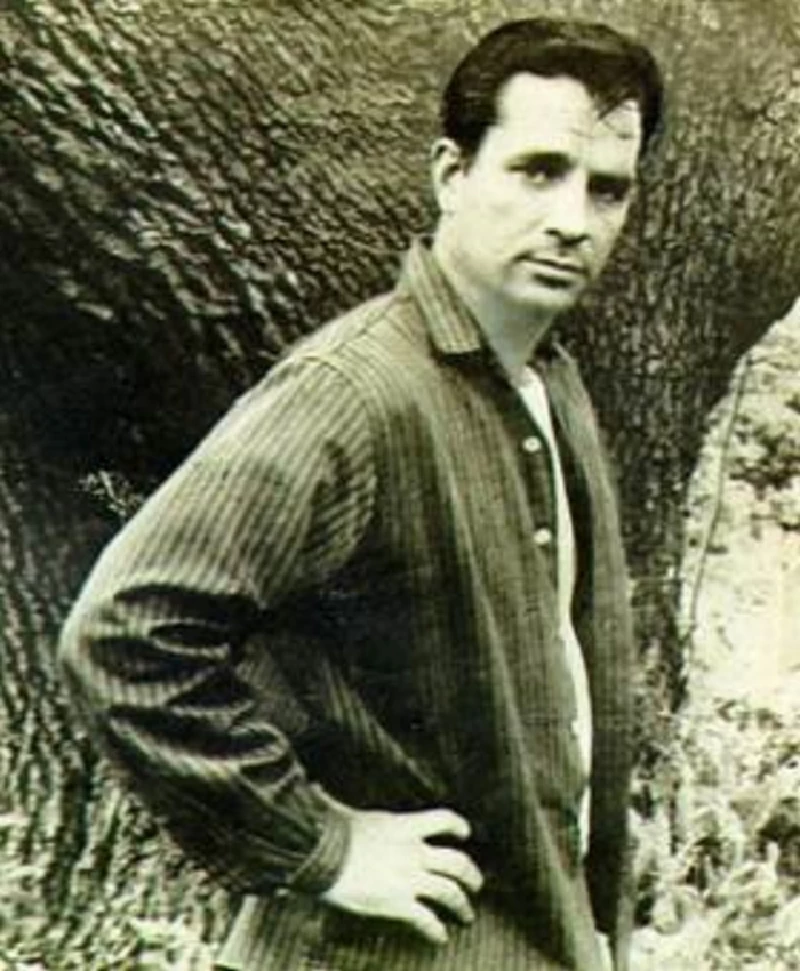
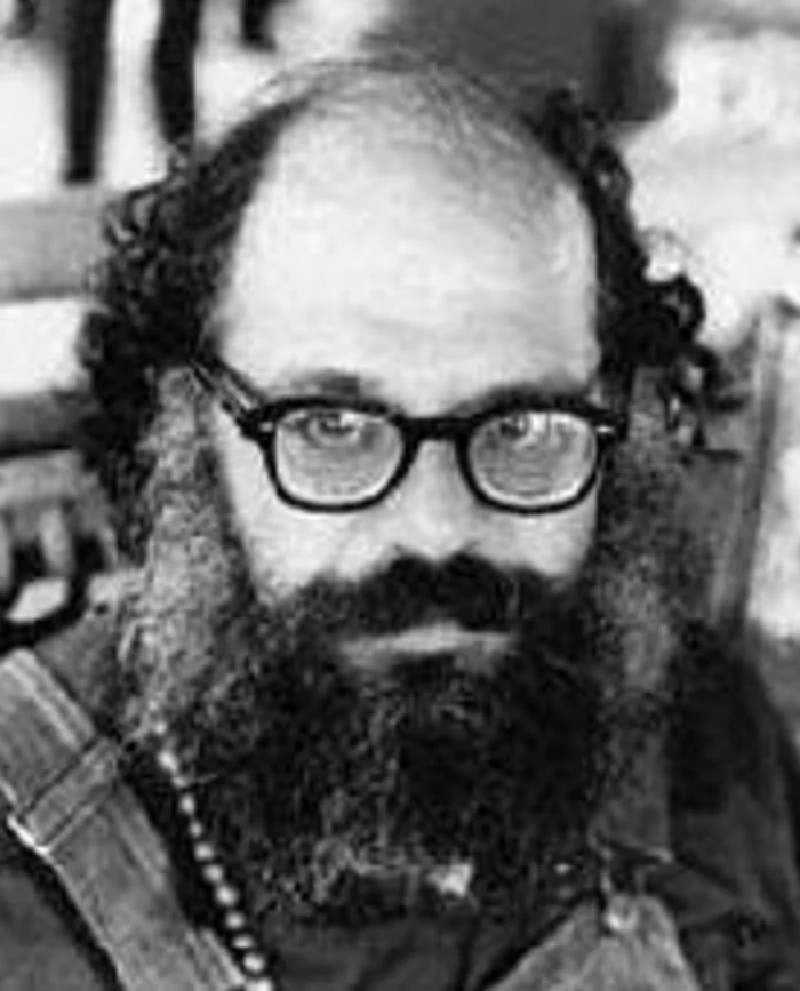
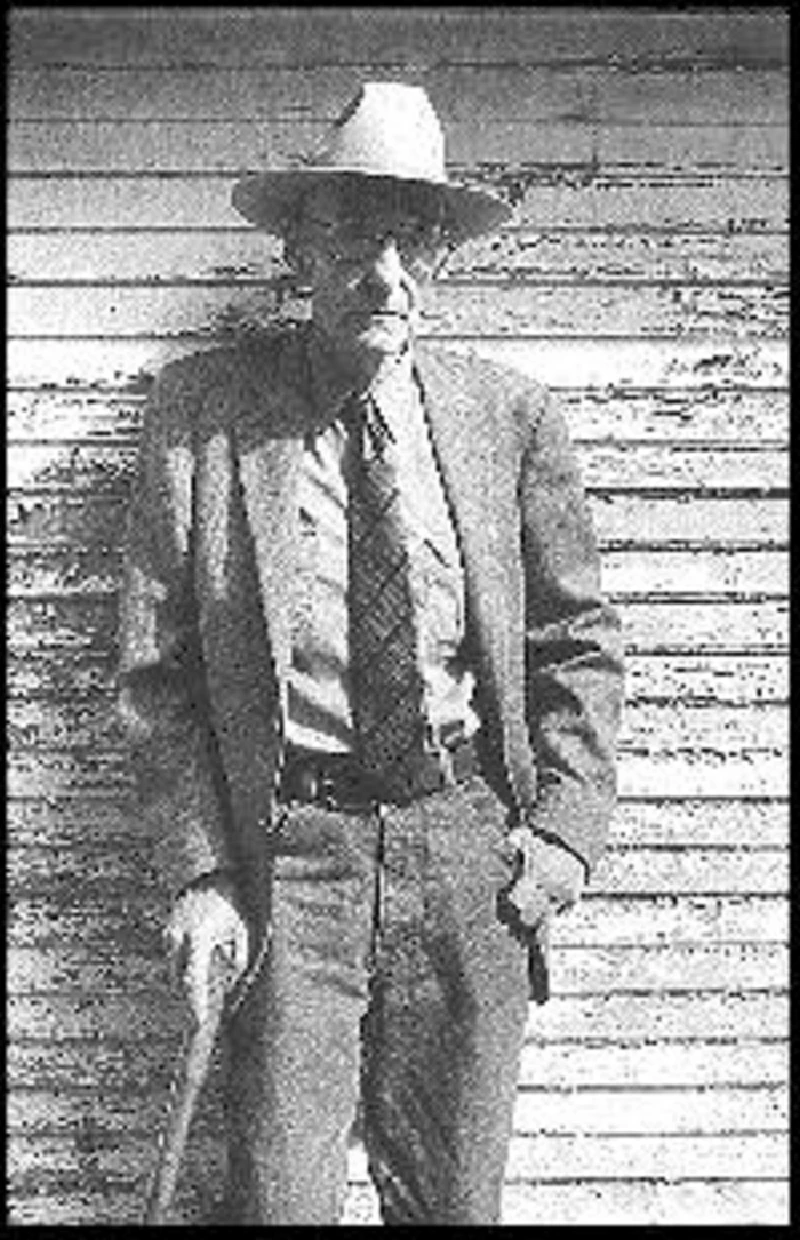
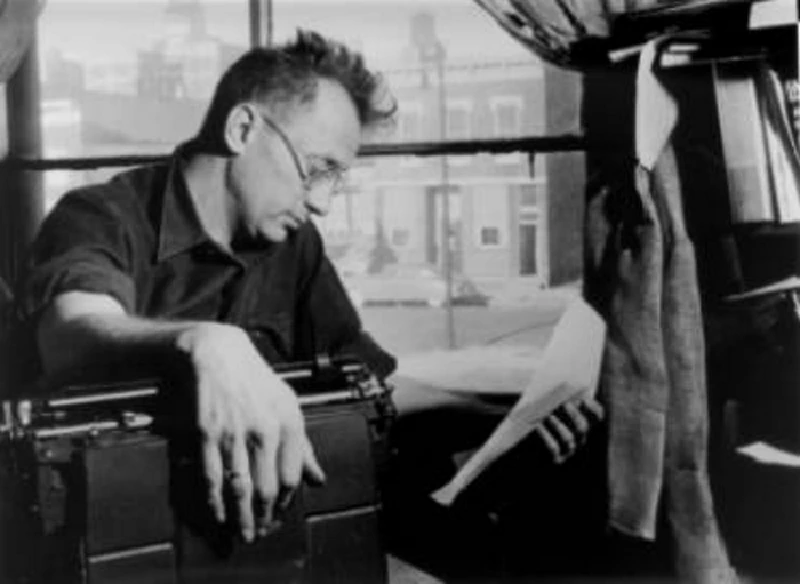
favourite album |
|
Rain Dogs (2005) |
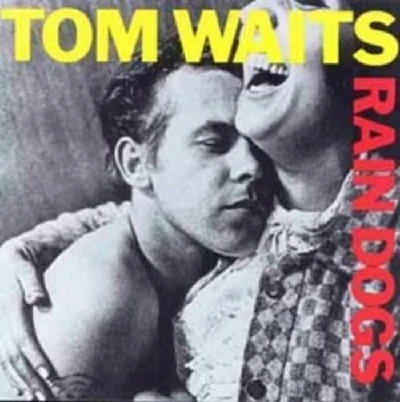
|
| Adam Wood writes about the impact uncrowned king of American lowlife Tom Waits' classic 'Rain Dogs' has twenty years on after its first release in 1985 |
reviews |
|
Real Gone (2004) |
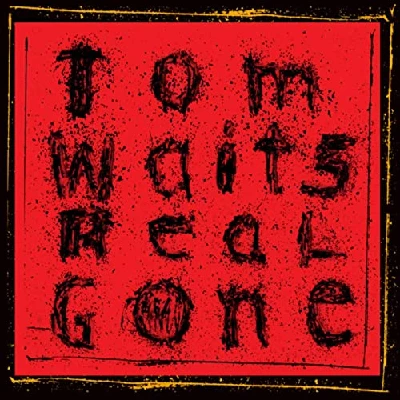
|
| Second-rate new album of "dust-blown desert whines and Mississippi delta blues" from the much acclaimed Tom Waits, which, despite occasional brighter moments, proves to be a major disappointment |
most viewed articles
current edition
Spear Of Destiny - InterviewRobert Forster - Interview
Fiona Hutchings - Interview
When Rivers Meet - Waterfront, Norwich, 29/5/2025
Carl Ewens - David Bowie 1964 to 1982 On Track: Every Album, Every Song
Brian Wilson - Ten Songs That Made Me Love...
Pistol Daisys - Waterfront, Norwich, 29/5/2025
Nils Petter Molvaer - El Molino, Barcelona, 24/4/2025
Credits - ARC, Liverpool, 17/5.2025
Gary Numan - Berserker
previous editions
Heavenly - P.U.N.K. Girl EPDwina Gibb - Interview
Boomtown Rats - Ten Songs That Made Me Love....
Oasis - Oasis, Earl's Court, London, 1995
Sound - Interview with Bi Marshall Part 1
Trudie Myerscough-Harris - Interview
Serge Gainsbourg - Ten Songs That Made Me Love...
Brad Elvis - Interview
Susie Hug - Interview
Chuck Prophet - Ten Songs That Made Me Love...
most viewed reviews
current edition
Peter Doolan - I Am a Tree Rooted to the Spot and a Snake Moves Around Me,in a CircleGarbage - Let All That We Imagine Be The Light
Little Simz - Lotus
Suzanne Vega - Flying With Angels
John McKay - Sixes and #Sevens
Billy Nomates - Metalhorse
Vinny Peculiar - Things Too Long Left Unsaid
HAIM - I Quit
Eddie Chacon - Lay Low
Only Child - Holy Ghosts
Pennyblackmusic Regular Contributors
Adrian Janes
Amanda J. Window
Andrew Twambley
Anthony Dhanendran
Benjamin Howarth
Cila Warncke
Daniel Cressey
Darren Aston
Dastardly
Dave Goodwin
Denzil Watson
Dominic B. Simpson
Eoghan Lyng
Fiona Hutchings
Harry Sherriff
Helen Tipping
Jamie Rowland
John Clarkson
Julie Cruickshank
Kimberly Bright
Lisa Torem
Maarten Schiethart